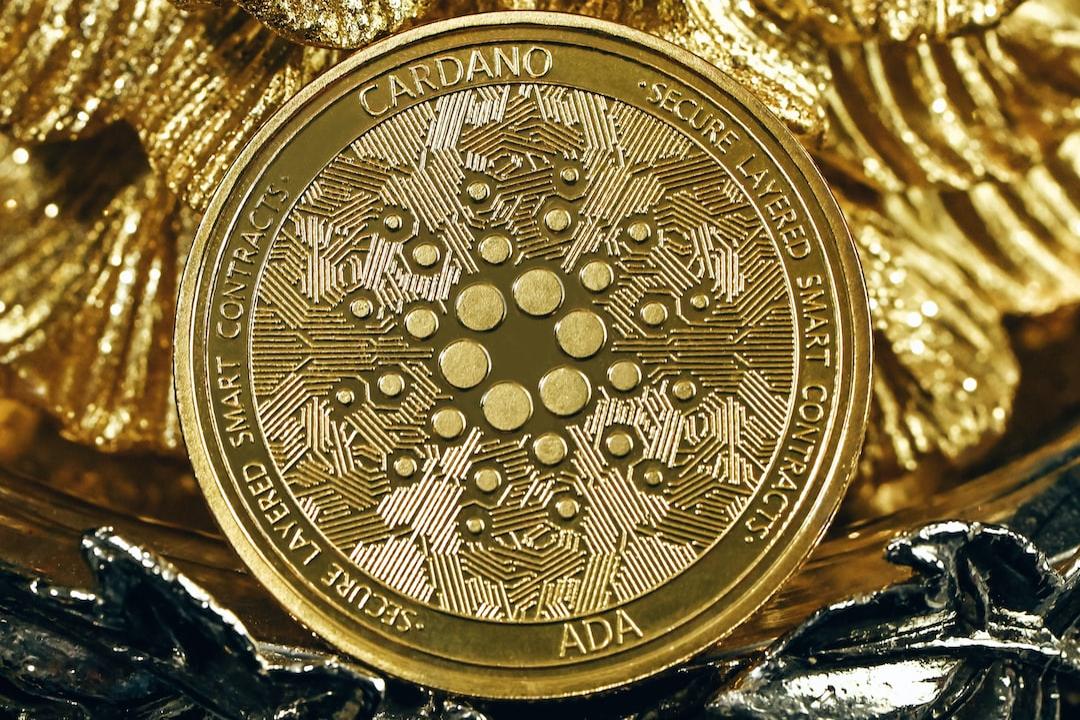Shytoshi Kusama, the lead developer of Shiba Inu, has submitted a proposal to the forthcoming U.S. President, aiming to stimulate blockchain development in the nation.
As Americans prepare to elect their next president, the future of the U.S. crypto sector is at stake. While the majority of crypto industry leaders favor Donald Trump, some speculate that Kamala Harris might adopt a more crypto-friendly regulatory stance.
The S.H.I.B. Initiative
Regardless of who wins, Kusama has proposed a strategy that lays out a roadmap for establishing the United States as a pioneer in blockchain through the creation of a Strategic Hub for Innovation in Blockchain, or “S.H.I.B.”
According to Kusama’s proposal, this initiative will utilize blockchain to boost economic growth, create employment, and enhance national security over the next five to ten years.
The proposal suggests the concept of creating a hub for blockchain innovation in the U.S. The “S.H.I.B.” plan aims to transform a U.S. city into the “Silicon Valley of Crypto,” which would be dedicated to blockchain development.
This hub would integrate both physical and digital infrastructure. The plan aligns with existing national goals such as sustainable practices, job opportunities, and an environment conducive to advancing U.S. technological leadership.
Infrastructure and Economic Development
The S.H.I.B. proposal outlines several primary focus areas. Firstly, it presents a dual approach to infrastructure development that encompasses both physical and digital expansion. This includes the construction of modern labs and incubators.
The proposal also emphasizes secure data centers, high-speed connectivity, and on-chain nodes that support testing and application deployment. Infrastructure costs are estimated to range from $700 million to $1.2 billion.
Economic, Talent and Regulatory Framework
Kusama’s proposal incorporates an economic framework designed to attract investments and businesses. The plan recommends tax incentives, grants, and investment-matching programs for blockchain startups and small businesses.
Additionally, it proposes public-private collaborations to help bridge the gap between private sector expertise and government resources. These incentives would necessitate an estimated $300 million to $600 million.
The S.H.I.B. plan also suggests partnering with universities to establish certificate and degree programs in blockchain. Additional measures include investments in K-12 STEM education among others. Talent development efforts could cost between $100 million and $200 million.
Furthermore, Kusama proposes clear and favorable regulations. Notably, he suggests a “regulatory sandbox” that would permit companies to test blockchain solutions in a controlled environment.
Sustainable and Global Reach
Environmental responsibility forms a part of the proposal, with plans to power the hub using green blockchain protocols and renewable energy sources. This segment of the project would cost between $150 million and $250 million.
To establish the hub as a global leader, Kusama proposes a marketing strategy that includes branding, international events, and trade missions. The outreach budget is estimated at $50 million to $100 million.
S.H.I.B.’s Potential Impact
The total cost of the project ranges from $1.3 billion to $2.35 billion within a ten-year period. Interestingly, the proposal suggests that the S.H.I.B. initiative could yield social and economic benefits over short, medium, and long-term phases.
In the short term, the hub could generate approximately 5,000 jobs in areas such as administration, planning, and construction, injecting an estimated $500 million into the economy.
Over the medium term, the hub aims to expand to 20,000 high-skilled jobs, contributing an annual $2 billion to the economy. By the long term, the project could evolve into a self-sustaining ecosystem, adding over $5 billion yearly to the economy.
The proposal also seeks strong ROIs. Kusama projects a 10-to-1 return ratio over a decade, with every dollar invested generating $10 through job creation, tax revenue, and economic activity.
Additional benefits include national security enhancements through blockchain and improvements to the U.S. trade balance as blockchain services become a prominent export.
Disclaimer: This content is informational and should not be considered financial advice. The views expressed in this article may include the author’s personal perspectives and do not represent the opinion of The Crypto Basic. Readers are advised to conduct thorough research before making any investment decisions. The Crypto Basic is not liable for any financial losses.

